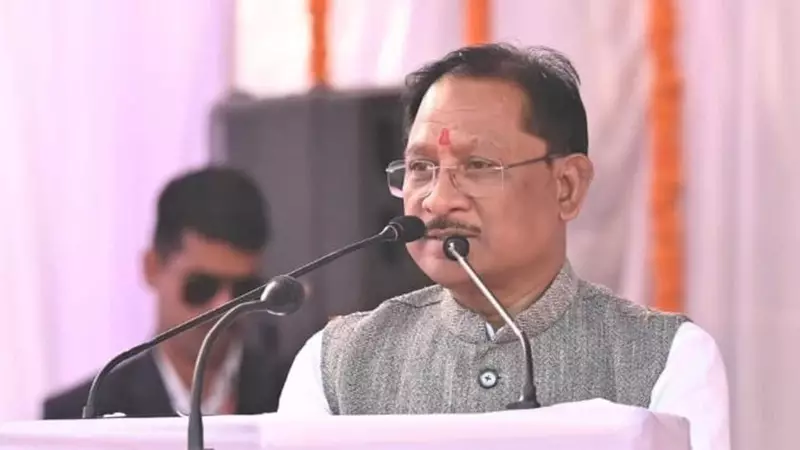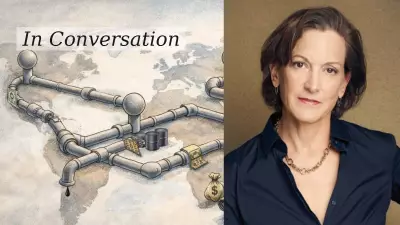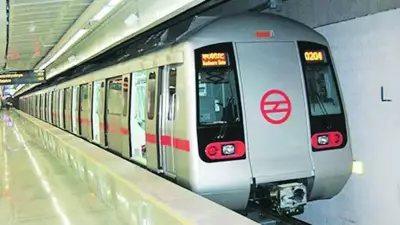
As Chhattisgarh commemorates 25 years of statehood, Chief Minister Vishnu Deo Sai has declared that Maoist forces have failed in their attempts to impose imported ideology in the tribal heartland of Bastar, which is now rapidly moving toward mainstream development.
State's Remarkable Transformation Journey
In an exclusive interview marking the silver jubilee of Chhattisgarh's formation, the BJP leader highlighted the state's dramatic transformation from a region plagued by starvation to becoming India's second-largest power producer. Chief Minister Sai credited former CM Raman Singh's Public Distribution System with eliminating hunger, earning him the popular moniker "chawal wale baba" across the nation.
The state has achieved significant milestones in industrial growth, energy production, and mineral resources. Chhattisgarh has laid the foundation for a new tech economy by auctioning lithium blocks for the first time, while Naya Raipur is being developed as the Silicon Valley and Education-Science City of Central India.
Bastar's Liberation from Maoist Influence
Addressing the long-standing Maoist challenge, CM Sai emphasized that the imported ideology fundamentally conflicted with Indian and tribal cultural values. "The Maoist culture advocates for power change through violence, whereas non-violence is fundamental to Indian and tribal culture," he stated.
The Chief Minister revealed that hundreds of forcibly recruited Maoist cadres have now abandoned Naxalism, signaling a significant shift in the region's security landscape. "Bastar has steadily changed and improved under BJP rule. Some areas remained backward, but now they too will join the mainstream," Sai asserted, confirming the government has a clear development roadmap for the region.
Infrastructure and Education Advancements
Chhattisgarh has witnessed rapid railway expansion since 2014, with passenger trains operating extensively across the state. Under the Amrit Bharat Station Scheme, 32 stations are being developed as world-class facilities at a cost of Rs 1,680 crore, while railway projects worth Rs 47,447 crore are currently underway.
Responding to criticism about school education quality, the CM defended the state's progress, noting the adoption of the National Education Policy and improved learning outcomes in tribal areas through local language instruction. Parent-teacher meetings have particularly benefited children's education, according to the Chief Minister.
Combating Religious Conversion
In a significant policy announcement, CM Sai declared conversion as a social evil that attacks cultural identity and confirmed that stricter anti-conversion laws will be passed in the upcoming winter session. The government aims to prevent religious beliefs from being compromised under the guise of social service.
"People try to create divisions in society through religious conversions. This sometimes leads to communal violence. We are dealing with such forces firmly," the Chief Minister stated, emphasizing the need for societal awareness alongside legislative measures.
Environmental and Rehabilitation Concerns
Addressing environmental worries about mining and industrial pollution, Sai claimed that Chhattisgarh's cities maintain significantly better air quality compared to metropolitan centers, with Raipur's AQI hovering around 150 during winter months versus 900 in some metros.
Regarding displacement fears around projects like Bodhghat, Nagarnar, and Army Maneuver Range, the CM assured that systematic rehabilitation plans precede project development, including dialogue with villagers through Gram Sabhas to find satisfactory solutions.
As Chhattisgarh moves forward, the state government is focusing on enhancing irrigation facilities for farmers, promoting tourism in Bastar's "heaven-like" landscapes with waterfalls and lush forests, and implementing industrial policies designed to generate more employment opportunities for the state's growing population.




